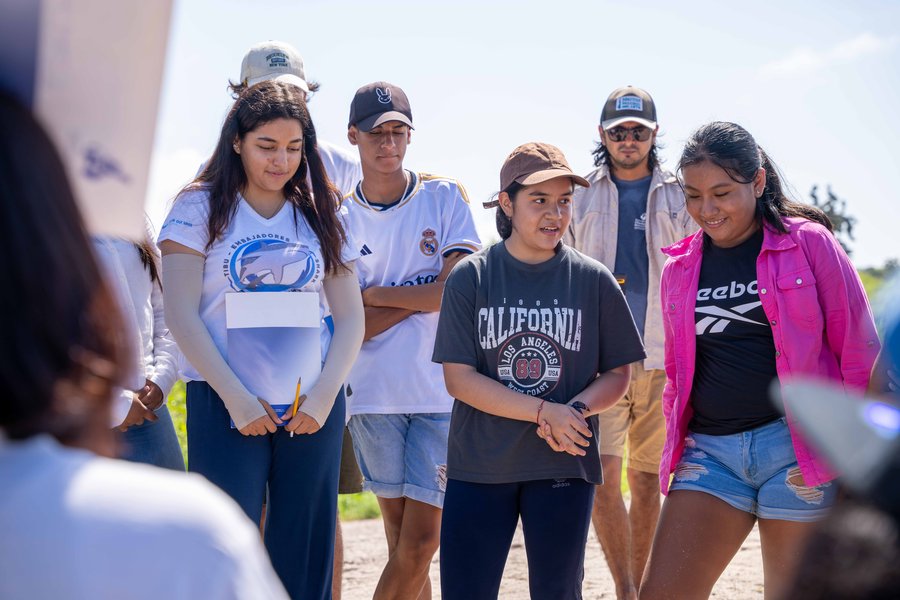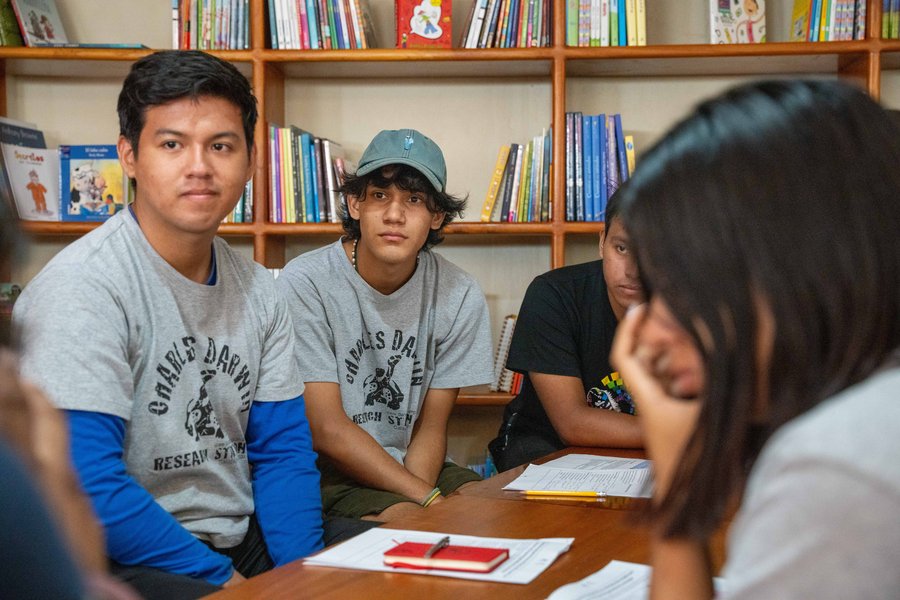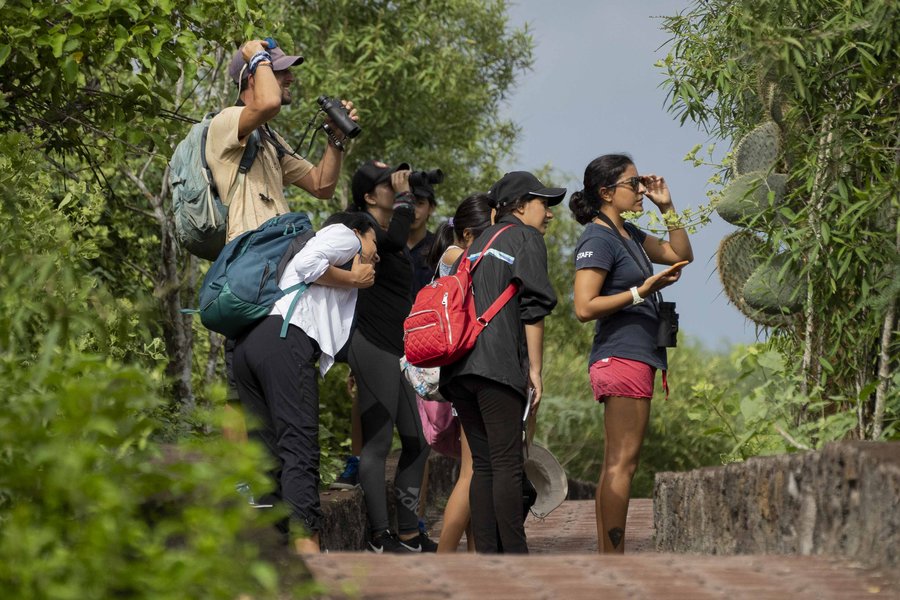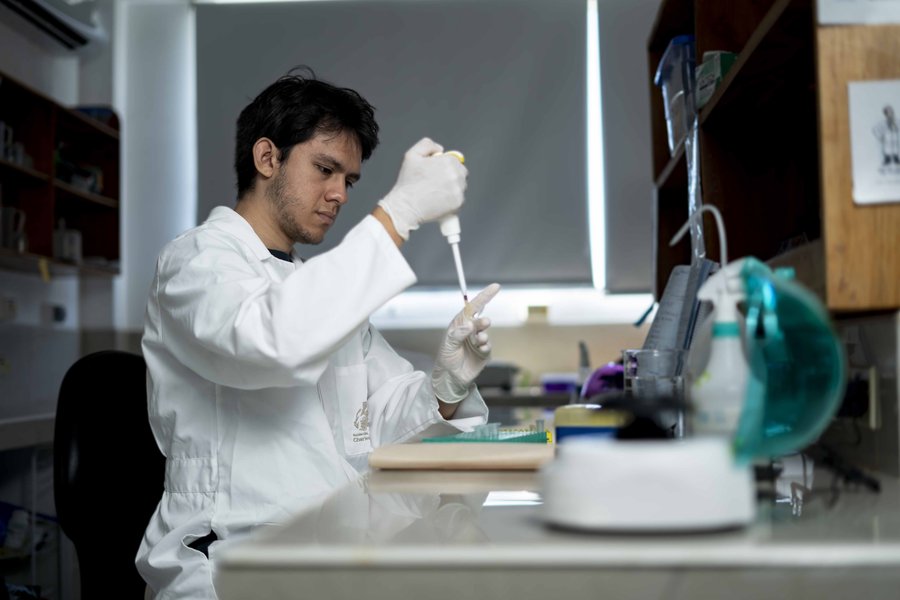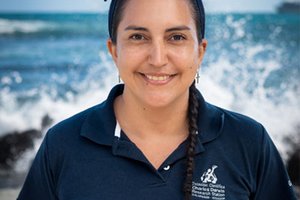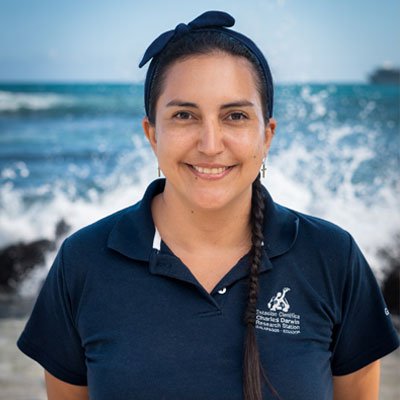Environmental Education: Inspiring Generations to Protect Galapagos and the Planet
Have you ever thought about what you could do to help nature and people live in harmony? Environmental education offers a simple yet powerful answer. It acts as a bridge that connects learning with action, inspiring us to care for our planet through small steps that, when combined, lead to significant change.
Every January 26th, we celebrate World Environmental Education Day—a reminder that change starts with us and that teaching future generations to protect what we have is key to building a sustainable future. This is especially vital in places like Galapagos, home to over 1981 species found nowhere else on Earth, which face unprecedented challenges like invasive species, pollution, and climate change. The good news? Education is making a difference.
Inspiring Through Science and Creativity
In Galapagos, a UNESCO World Heritage Site since 1978, environmental education takes on a special significance. More than 1,700 invasive species, plastic pollution, and climate change endanger its ecosystems and iconic species like the Galapagos penguins and iguanas. Protecting this paradise is not just the responsibility of those who live here; it is a global commitment.
Fernanda Loayza, Coordinator of the Charles Darwin Foundation’s (CDF) Environmental Education and Community Outreach (ECO) Program, explains: "Environmental education transforms how we connect with our surroundings and with other beings, human and non-human alike. Through CDF’s education programs such as our Science Club and network of Shark Ambassadors, we aim to create opportunities that spark curiosity among youth, encourage exploration, and motivate conservation—because we only care for what we know and understand."
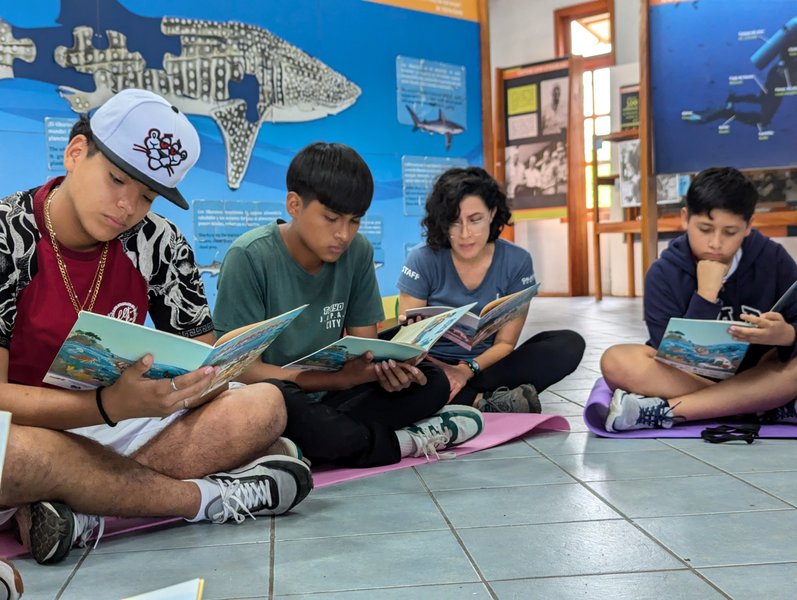
Environmental education goes far beyond learning about nature; it empowers individuals and communities to take meaningful action to protect Galapagos for future generations by fostering sustainable values and positive habits.
Juli Gómez, a member of the CDF’s Science Club, shares her experience: "Learning experiences in natural spaces, or those that combine science and art, are unique because they not only teach us scientific knowledge but also cultivate sensitivity, creativity, and an emotional connection with nature—key factors in inspiring real change."
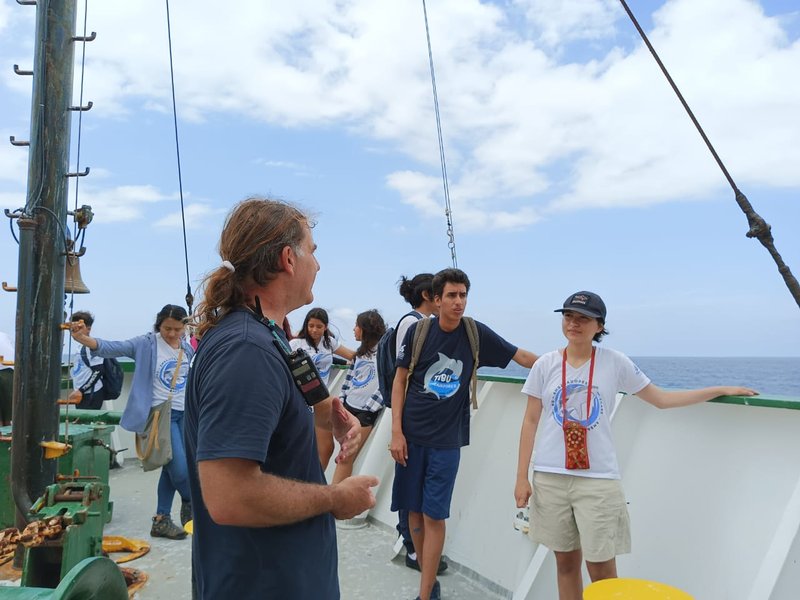
The Commitment of the Charles Darwin Foundation
From its early beginnings more than six decades ago, CDF researchers understood that protecting Galapagos wasn’t just a scientific task but also a community effort, working hand in hand with the Galapagos National Park. This is how our first educational program was born in 1966. Today, the FCD's ECO Program continues to make a difference, impacting more than 1,500 students each year across the four inhabited islands through activities, educational projects, and direct scholarships. Additionally, it works with local leaders and organizations to integrate environmental education into the school curricula of Galapagos and promote the sustainable management of resources.
Our ECO-Program’s efforts focus on four key areas:
- Environmental Education Clubs - Safe spaces where Galapagos youth can connect with nature, develop curiosity and empathy, and become conservation leaders. Programs include: Summer Club, Science Club and Leaders Club.
- Science and Community Encounters - Bridging the gap between science and community through accessible educational talks, workshops, as well as CDF’s annual Open House, travelling libraries and travelling collections (the latter focused on rural schools).
- Experiential Science - Hands-on experiences and community science activities help residents engage with conservation efforts. This comes to life through our Experiential Science Portfolio and Citizen Science activities (such as bird counts and others).
- Scholarships for Future Leaders - By providing funding, mentorship, and development opportunities, the CDF supports students passionate about conservation, fostering the next generation of environmental stewards.
As Fernanda adds: "Connecting communities with nature through education not only benefits the environment but also strengthens cultural identity and fosters a harmonious sense of belonging. This inspires us to recognize the privilege of inhabiting such a special place and the responsibility that comes with it. Every activity is an opportunity for people to rediscover the value of their surroundings."
